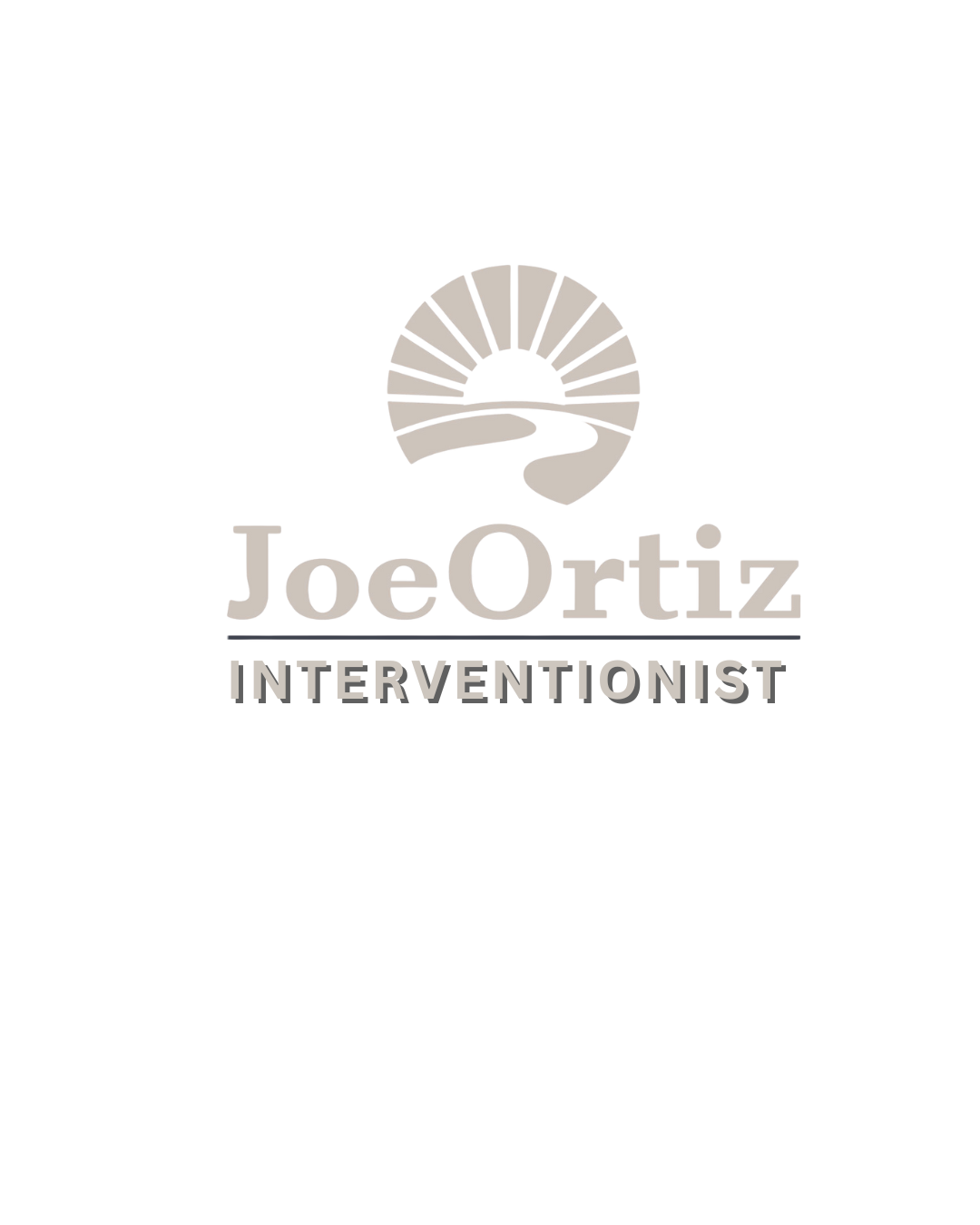How To Help a Loved One Who Relapses

Relapse is not failure—it’s a challenge on the road to recovery. If your loved one has relapsed, it’s important to respond with understanding, not judgment. The journey to sobriety isn’t always linear, and knowing how to support them can make all the difference.
1. Stay Calm and Avoid Panic
Your first instinct might be fear or frustration, but try to remain calm. Relapse is a setback, not the end of recovery. Instead of reacting emotionally, take a deep breath and assess the situation.
2. Offer Support, Not Shame
Guilt and shame can push your loved one deeper into addiction. Instead of saying, “I can’t believe you did this again,” try, “I know this is hard, but I’m here to help.” A supportive environment fosters the willingness to seek help.
3. Encourage Immediate Action
The sooner they get back on track, the better. Encourage them to reconnect with their recovery plan—whether that means reaching out to a therapist, attending a support meeting, or entering treatment.
4. Set Healthy Boundaries
Supporting a loved one doesn’t mean enabling their behavior. Make it clear that you will help them seek treatment, but you won’t support self-destructive actions.
5. Seek Professional Help
Relapse can be dangerous, especially if they’re feeling hopeless. If you’re unsure what to do, reach out to an interventionist or addiction specialist. A professional can help navigate the situation and get them the support they need.
If your loved one has relapsed, don’t wait—take action today. Contact Joe Ortiz Interventionist for guidance and immediate support.
Joe Ortiz
Interventionist
Certified CRAFT Method
Certified Break-Free Method
Cell: 732-599-7817
